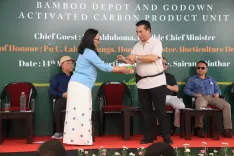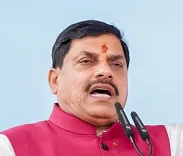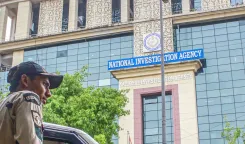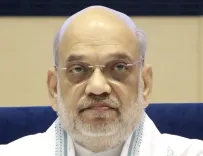Speaker of the Assembly Advocates for Digital Preservation of Delhi’s Municipal Archives
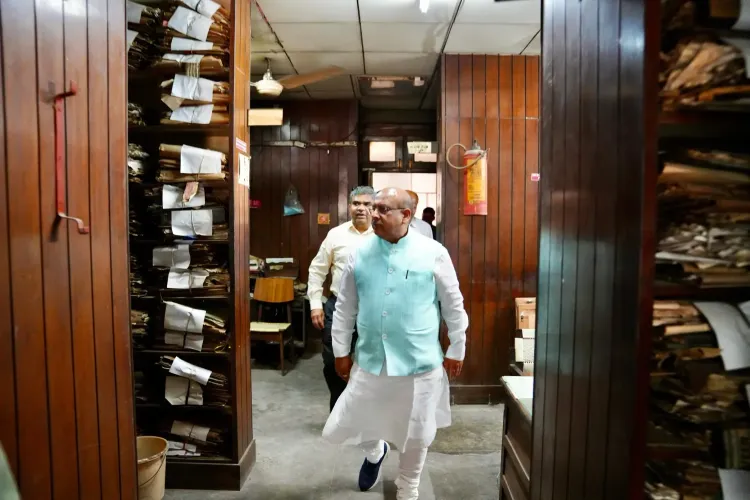
Synopsis
Delhi Assembly Speaker Vijender Gupta visited the Town Hall to review historical documents dating back to 1880. This initiative aims to preserve democratic heritage and promote digitization for public accessibility.
Key Takeaways
- Vijender Gupta advocates for digitization of archives.
- Historical documents from 1880 highlight democratic evolution.
- Collaboration with civic bodies is essential for preservation.
- Plans for a museum and light show to celebrate heritage.
- Support from Parliament of India for digitization efforts.
New Delhi, April 24 (NationPress) The Speaker of the Delhi Legislative Assembly, Vijender Gupta, made a visit to the historic Town Hall on Thursday, where he reviewed documents pertaining to Delhi’s municipal budget that date back to 1880.
Gupta, a former councillor who began his political journey from Town Hall, explored the record room of the former civic headquarters located in Chandni Chowk. This visit was part of his initiative to safeguard and document the democratic and legislative heritage associated with the Municipal Corporation of Delhi, as stated by an official.
The Record Room houses official proceedings, budgets, and administrative documents from as far back as 1880, including rare archival materials related to municipalities.
During his visit, Gupta emphasized the significant role these documents play in chronicling the progression of India’s governance and civic institutions.
This initiative aligns closely with the vision of Lok Sabha Speaker Om Birla, who has championed the preservation and digitization of India’s legislative heritage.
Gupta’s visit not only underscored the historical importance of the Town Hall archives but also reaffirmed a collective commitment to heritage conservation.
Sanjeev Singh, Head of the Heritage Cell of the MCD, along with other senior officials, accompanied the Speaker during this tour.
The delegation engaged in in-depth discussions regarding the value of the preserved documents and strategies for their long-term safeguarding.
The Speaker advocated for collaboration among local civic bodies, heritage departments, and archival institutions.
He promoted digitization as a vital means to enhance public access, support academic research, and engage the public with India’s democratic history.
As part of this wider vision, the Parliament of India Secretariat has committed to supporting the digitization of these documents, an initiative expected to play a crucial role in preserving and promoting India's legislative heritage.
Earlier in the week, Gupta requested the Indira Gandhi National Centre for the Arts (IGNCA) to provide a report within three weeks regarding a conservation plan for the legislature building that was the first Parliament of Independent India.
Speaker Gupta articulated his vision of transforming the Assembly into a “living heritage site”, representing both the historical development of democratic governance in India and Delhi's rich cultural legacy.
The plan also includes the creation of a light and sound show to celebrate the Assembly's legacy, along with a documentary to chronicle its historical and democratic importance.
Additionally, a museum will be built to preserve and display the Assembly's rich heritage.

